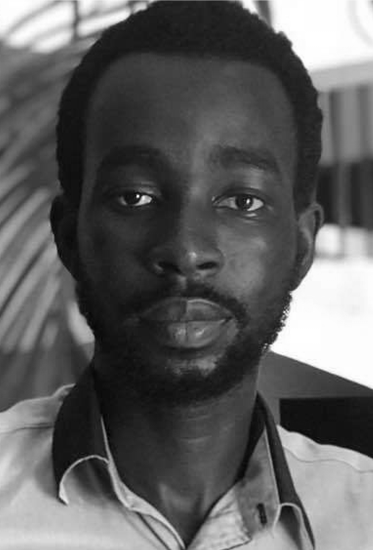Ion-Dipole Interactions (College Board AP® Chemistry) : Study Guide
Ion-Dipole Interactions
This force which exists between an ion and a polar molecule, accounts for the dissolution of ionic compounds in polar solvents like water
For example, in a solution of sodium chloride, NaCl, in water:
The oxygen atom has a partial negative (δ-) charge
The hydrogen atoms have a partial positive charge (δ+)
Overall, there is a dipole moment within the water molecule
The Na+ ion is attracted to the negative end of the dipole
The Cl- ion is attracted to the positive end of the dipole
Ion-Dipole Interactions

Ion-dipole interaction between sodium and chloride ions with water
The magnitude of ion-dipole interactions increases as either the ionic charge or the magnitude of the dipole moment increases

You've read 0 of your 5 free study guides this week
Sign up now. It’s free!
Did this page help you?

